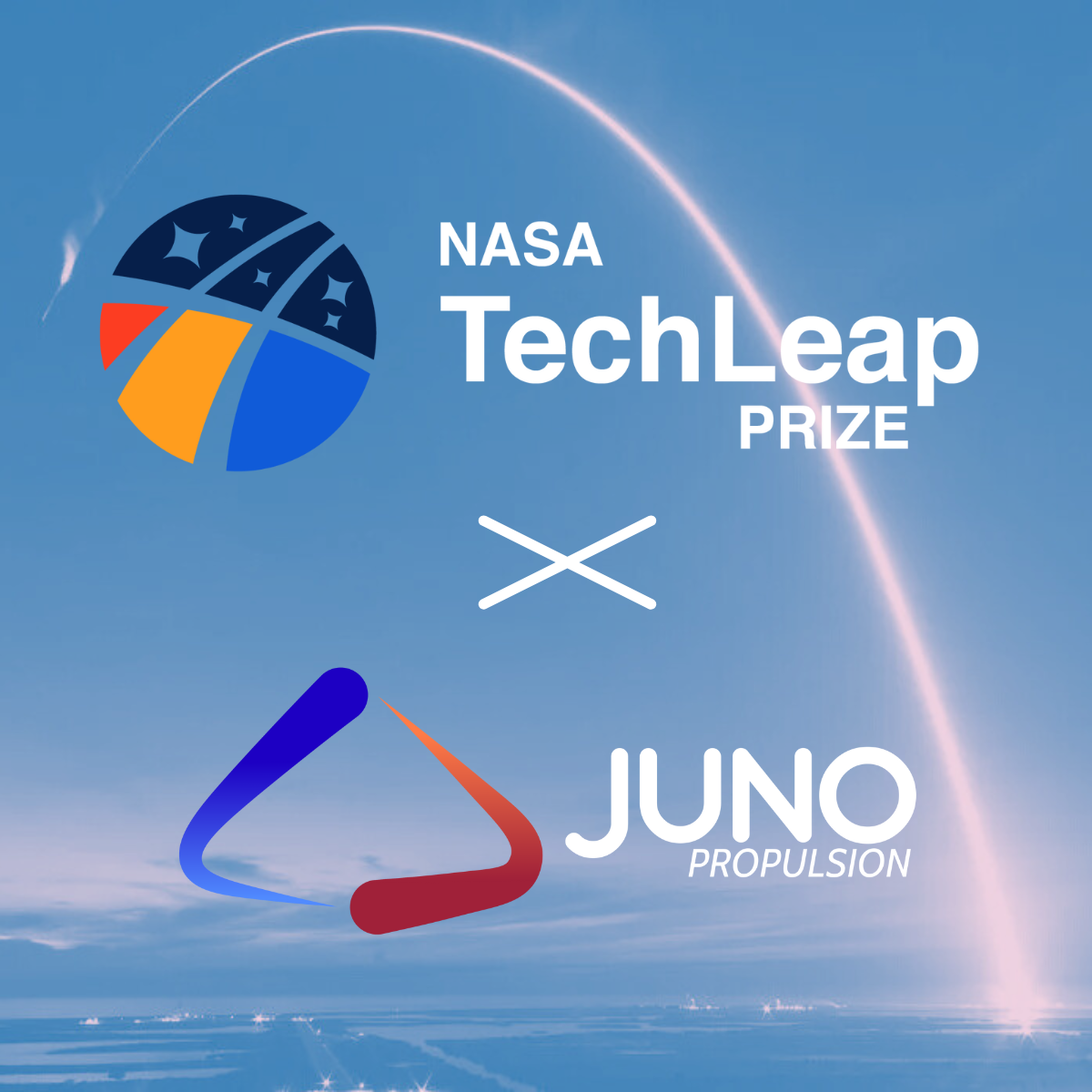

Juno Propulsion Awarded NASA TechLeap Prize to Fly First-Ever Rotating Detonation Engine in Orbit
Juno Propulsion Awarded NASA TechLeap Prize to Fly First-Ever Rotating Detonation Engine in Orbit



Juno Propulsion Awarded NASA TechLeap Prize to Fly First-Ever Rotating Detonation Engine in Orbit
